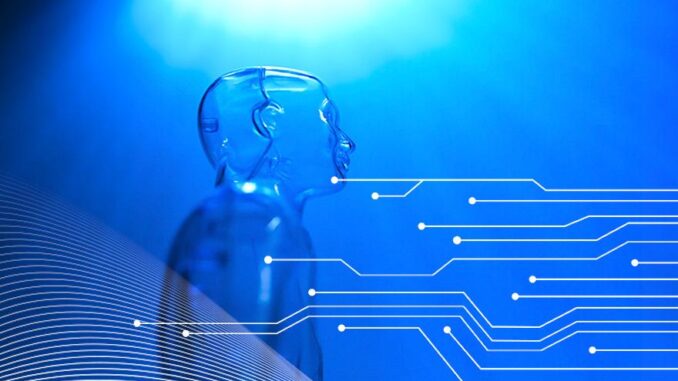
Artificial intelligence (AI) is making significant strides in the field of eye care, transforming various aspects of diagnosis, treatment, and patient management. Here are some key areas where AI is being applied in eye care:
1. **Diagnostic Imaging**: AI algorithms are being used to analyze imaging data from devices such as fundus cameras, optical coherence tomography (OCT), and retinal scans. These tools help in detecting a range of conditions, including diabetic retinopathy, age-related macular degeneration, and glaucoma, often with accuracy comparable to that of human specialists.








2. **Predictive Analytics**: AI models are capable of predicting the progression of eye diseases based on patient data. This helps clinicians in risk stratification and in making informed decisions about treatment options.
3. **Teleophthalmology**: AI enhances telemedicine by providing remote screening and diagnosis capabilities. Patients in remote areas can receive timely assessments and referrals to specialists, improving access to care.
4. **Personalized Treatment Plans**: AI can analyze vast datasets to identify which treatments are most effective for specific patient profiles, helping in the development of personalized treatment plans for conditions like keratoconus or cataract surgery outcomes.
5. **Robotic Surgery**: In surgical procedures, AI-assisted robotics can enhance precision and reduce recovery times. They assist surgeons by providing real-time data and automating certain steps of the surgery, improving overall outcomes.
6. **Patient Management**: AI tools can streamline the administrative aspects of eye care, including appointment scheduling, reminders, and follow-up management, ensuring better patient engagement and adherence to treatment plans.
7. **Research and Drug Development**: AI is used in research to analyze large datasets for drug discovery and to identify potential therapeutic targets for various ocular diseases.
8. **Vision Screening**: AI-powered applications can facilitate vision screening in schools or community centers, making eye care more accessible and helping detect problems early.
9. **Mobile Health Applications**: There are AI-driven apps designed to help users monitor their eye health, offering guidance on managing conditions from home.
10. **Education and Training**: AI is used to create simulation-based training tools for eye care professionals, enhancing their skills in diagnosis and treatment approaches.
While AI in eye care offers many benefits, there are challenges to consider, including ensuring the quality and security of data, addressing biases in AI algorithms, and integrating these technologies into existing clinical workflows. Nevertheless, as technology advances, the potential for AI to improve patient outcomes and streamline eye care processes continues to grow.

Leave a Reply